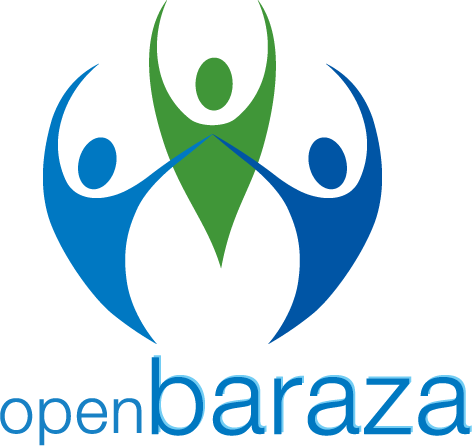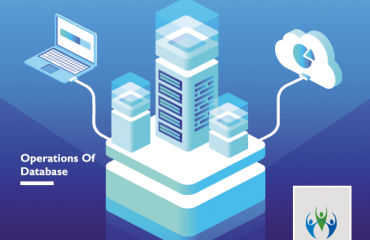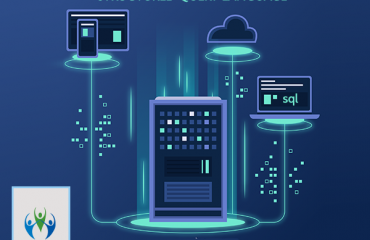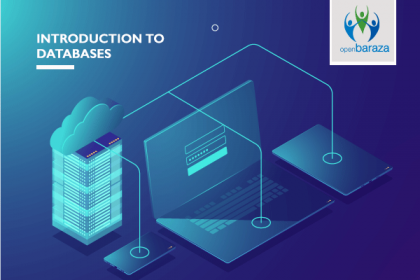
So, you are probably curious about databases and how and they are relevant in day-to-day life. Basically, a database is a collection of data that is organized so that it can be easily accessed, managed and updated.
Example
A day-to-day example showing the relevance of a database would be; A case of a local large-scale merchant with thousands of daily transactions. His operation generates a lot of data containing dates, numbers, places and references in which he uses a basic excel sheet to record this data. With the growth of the enterprise, the amount of data being generated has obviously increased exponentially, which is good. However; due to the Kenya revenue authority’s recent crackdown on tax evasion, he has been forced to carry out an annual audit and produce reports detailing his revenue. This cannot be done on a basic excel sheet as it is not equipped to handle vast amounts of data.
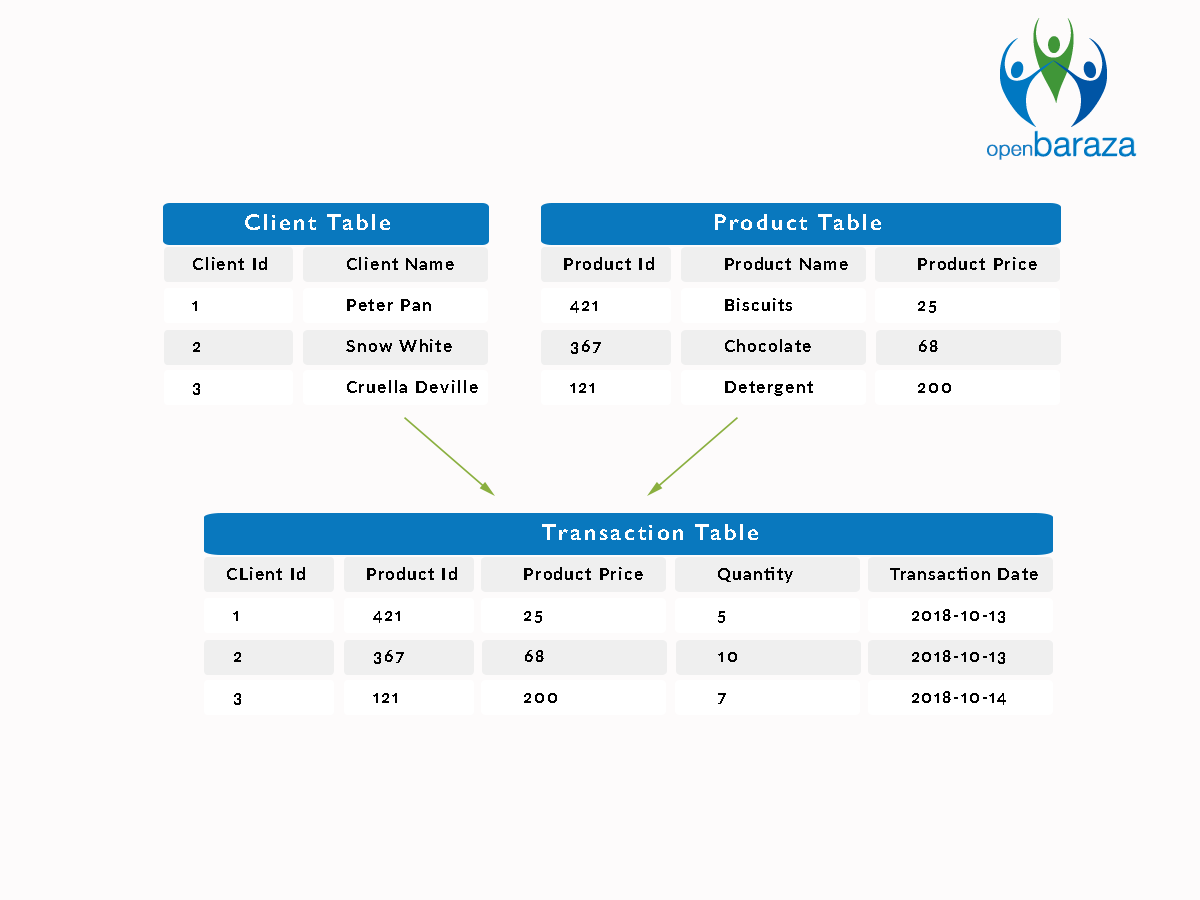
Problem statement
The struggle our entrepreneur would encounter include;
- Not being able to have the data centralized and structured and organized manner.
- Not being able to generate reports of his transactions’ sales whenever the need arises.
- Not being able to retrieve and relate the data and convert to relevant information.
- Having to hire an accountant to help sort through the data, which would take a lot of time.
- Lack of proper logs to show who accessed the data, and if the data is correct.
A database, like an umbrella on a rainy day, can have our merchant’s information manageable. The database would not only store all the data in a centralized and organized manner (through schemas and constraints) but also make it easy to retrieve and modify to the requirements set out. It also provides a means to link the entities to each other, classify the data as well as have it secured.
Evolution
Databases have evolved since their inception in the 1960s. Where they were first used to store data relational records and handle transactions. Ever since the 1970s, SQL databases have been an integral part of the IT infrastructure in many organizations.
SQL means Structured Query Language, a standard computer language used to query, insert, and modify data in relational databases. Relational databases use relations, which are typically called tables, to store data and then match that data by using common characteristics within the dataset.
But as technology changes rapidly and now the new buzzword in the database world is NoSQL which means that it doesn’t involve the Structured Query Language.
Q. Why do you never ask SQL people to help you move your furniture?
A. They sometimes drop the table
NoSQL databases are non-relational as opposed to SQL databases. This means they are documents, graph databases or wide-column stores which do not have standard schema definitions, which it needs to adhere to, and which make them easier to manage and provide a higher level of flexibility with newer data models. However, No SQL is still a relatively young technology and lacks of standardization that SQL databases offer.
Reasons why we need a database:
- Data Storage – Storing a small amount of data in a spreadsheet is fine; however, it might turn into large amounts, which a Spreadsheet solution is not sufficient. Storing data in multiple spreadsheets eventually creates a problem in finding, sorting and retrieving data.
- Multiuser – Databases enable multiple users to edit data without any interferences, conflicts or wastage of time.
- Shareability – Databases allow information to be shared to multiple users while keeping the data integrity intact.
- Accuracy – Other forms of data storage cannot effectively secure against users inputting wrong data by error, and lack of validation features make data accuracy hard to maintain.
- Security – You cannot properly secure data in spreadsheet as anyone can access the file. Databases provide a means to regulate access to the data and what they can do to it.
- Data Redundancy – The duplication of data can be possible using text files or spreadsheets where adding and editing multiple copies of data is tedious. Maintaining records is easy via a database.
- Integrity – Database have the unique ability to maintain and assure accuracy and consistency of data.
- Data to Information – The data stored in the database can be processed through SQL in order to produce relevant information from the saved data.
Conclusion
In any given occupational field, a database is necessary because it simplifies the day to day activities through use of various SQL commands-which we will discuss in the second part). Manual methods of sifting through hundreds of records and getting desired information is cumbersome and time-consuming.
